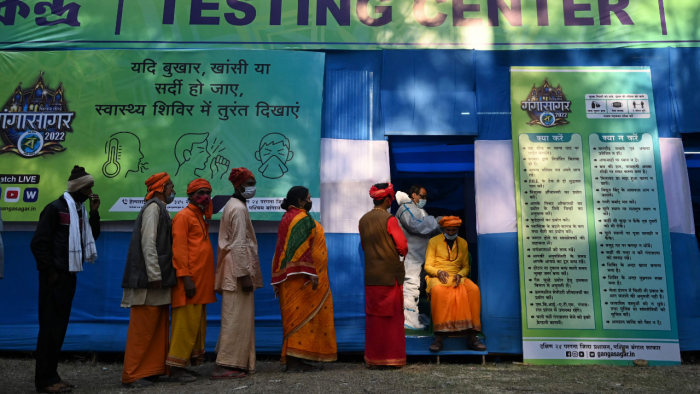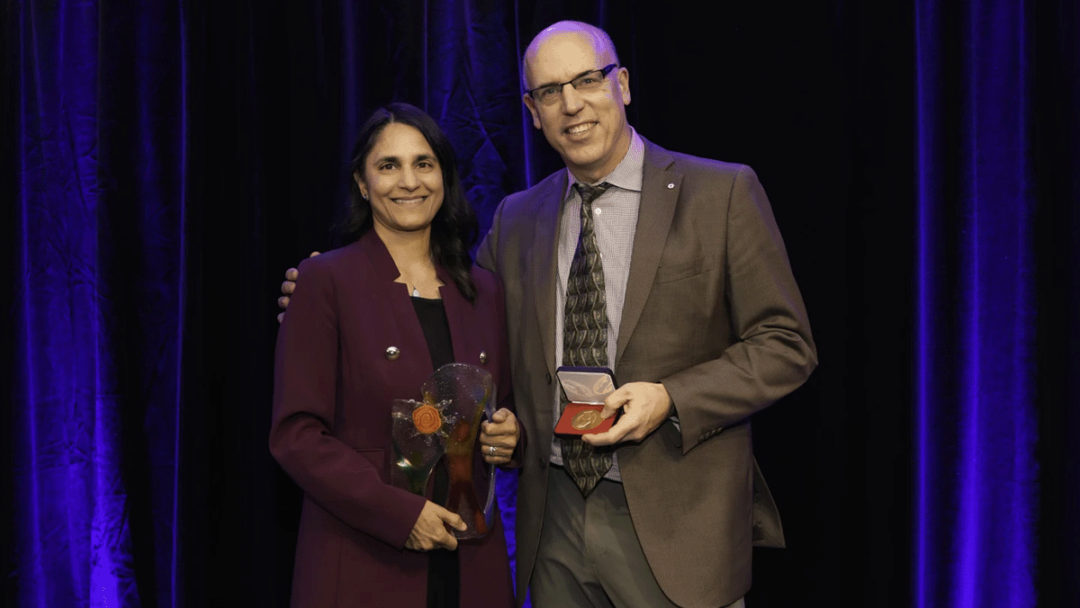Keynote speaker addresses health system strengthening in India: Lessons learned from COVID-19

Dr. Giridhara R Babu has over two decades of experience in public health research, practice, and academics. He joined us from India as part of the Global Health Learning Symposium speaker series to discuss the topic ‘Lessons Learned from COVID-19 for Health System Strengthening in India’.
Working with the World Health Organization, Dr. Babu has led the efforts in stopping polio transmission in the state of Karnataka and subsequently initiated advocacy for Measles surveillance in the region, which led to a Multi-Year Plan for Measles elimination in India. He has since been on several national and international committees including the Lancet Commission Regional Task force for India on COVID-19, and the Indian Council of Medical Research National Task Force for COVID-I9.
As India was significantly impacted by COVID-19, specifically in the summer months of 2021, the challenges to the health care system were significant. The influx of infections caused the health care system to become rapidly overburdened giving rise to concern and the workforce to be overwhelmed.[1].
In his talk, Dr. Babu emphasized that COVID-19 exposed and exacerbated the adversity of health inequities globally. With a focus on India, he challenged us to reflect on lessons learned during the pandemic that can lead to a more decisive, proactive, and equitable response in a future crisis.
In order to improve and reduce the impact of future pandemics, strong leadership and management of health resources are essential. By outlining the importance of context and culture in strengthening health systems, Dr. Babu discussed a critical need to invest in resilient public health systems. Highlighting that community-based efforts are integral in the promotion of better health outcomes, he also reflected on the need for transparency to increase trust in health information and data, and importantly, public health measures.
In addition to culture and context, Dr. Babu focused on several critical elements which included:
- Collaboration and the need to disseminate information on a global scale enabling further scientific discussions and procedures
- Communication is an essential component to crisis management, prediction and prevention, and training in the dissemination of evidence-based recommendations
- Cohesion in global health governance and international cooperation for effective methods of prevention
Integral to his discussion on strengthening health systems, Dr. Babu pointed to the significance of modern technology and innovation such as electronic health records, tele-health, and the development of data dashboards. Emphasizing that these tools become especially critical when addressing a global health crisis nationally, such as in India, but also internationally. In addition, the focus on prioritizing primary care, building resilient public health systems, and the commitment to invest in SDG 3 (Good Health and Well-Being) are pivotal to strengthening health systems locally and globally.
[1] Runwal, Priyanka. (2021). How India’s COVID-19 crisis became the worst in the world. Retrieved from https://www.sciencenews.org/article/coronavirus-covid-india-crisis-social-distancing-masks-variant
Global Health NewsRelated News
News Listing

Faculty of Health Sciences News ➚
Sonia Anand recognized with HRF Diversity & Equity in Research Award
Global Health News
15 hours ago

Health and Humanitarian Implications of War, Crises, and Conflict
Global Health News
November 11, 2024

